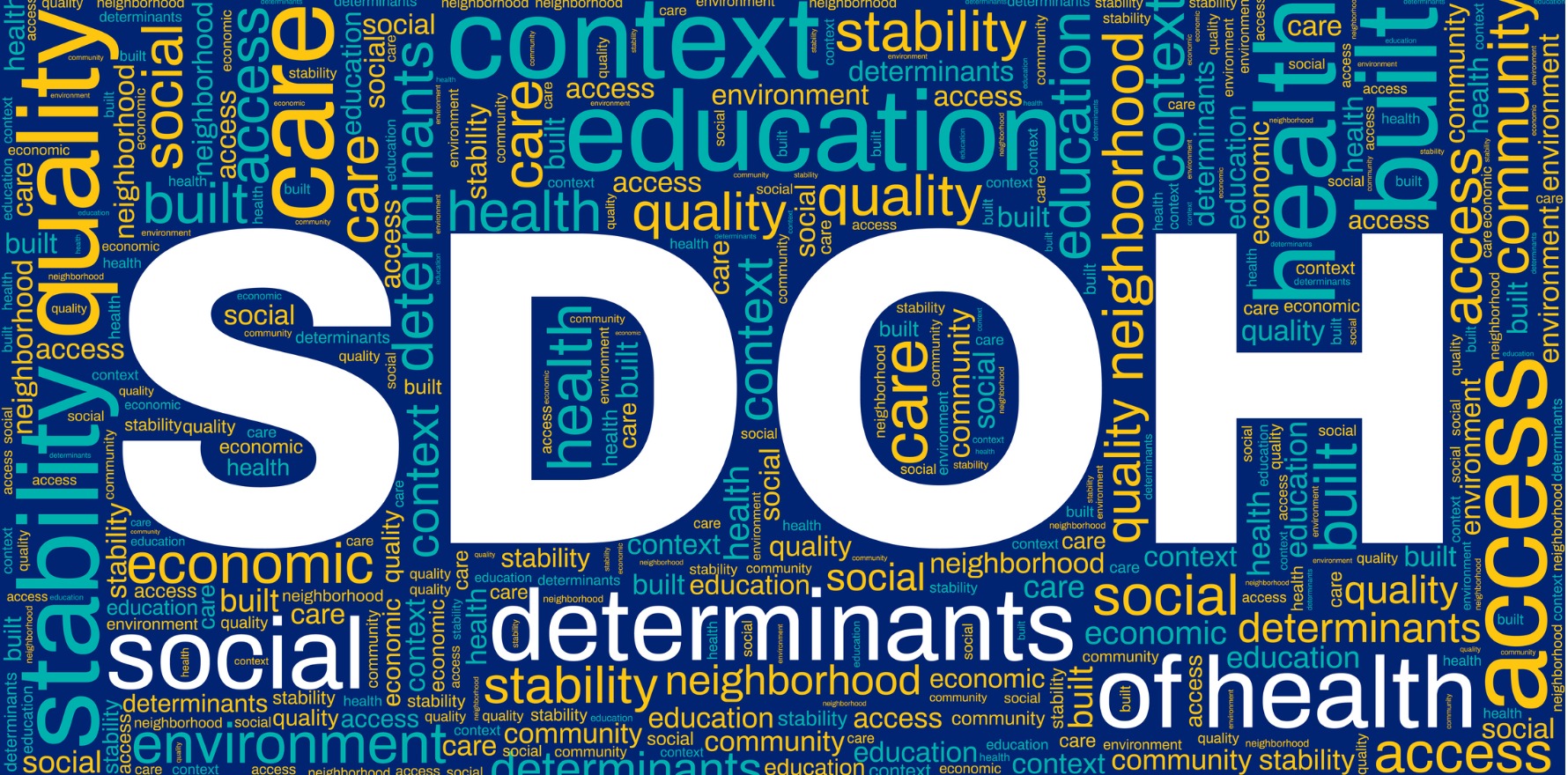
Social factors predominantly determine population health and interoperability is key to changing them, say international experts.
Mark Savage heads up the Gravity Project, which has created a data-sharing framework to give health policymakers access to social determinants of health data in the US.
“Social drivers of health account for 80-90% of an individual’s and population’s health status, while the clinical care setting accounts for 10-20% of one’s health status,” he said.
These social drivers, called social determinants of health (SDOH), include where and how a person lives and works, socio-economic factors, lifestyle, community connection and access to education.
The Gravity Project is a US coalition of stakeholders who have created interoperability standards for data on SDOH domains such as food and housing insecurity, education, stress, health literacy, unemployment and intimate partner violence.
“The standardised SDOH data enables end-to-end exchange of data from doctor or hospital to patient and back, and from social-service organization to payer and back. It can also be used in public and population health, research and value-based payment,” said Mr Savage.
Gravity’s work has included terminology standards across a growing list of SDOH domains, which leveraged the FHIR SDOH Clinical Care Implementation Guide for exchange standards, said Mr Savage.
“There’s clinical languages for disease screening, diagnosis and treatment but there’s been less agreement on how to screen, diagnose and respond to the social determinants of health,” he said.
Gravity has the collective intelligence of more than 2500 stakeholders to help test and validate standardised SDOH data.
Their goal is to create greater health equity by enabling more powerful coordination between health departments and human services departments.
The US Federal Government has added Gravity’s SDOH data elements to the US Core Data for Interoperability (USCDI); a standardised set of health data classes and constituent data elements for nationwide, interoperable health information exchange.
USCDI enables widespread exchange of quality health data. Patients can easily access their current health data from a smart phone, GPs don’t need to wait for discharge forms to be faxed, and policy makers have population-level data to inform funding decisions.
Mr Savage told Wild Health that Gravity was extending its work.
“SDOH domains for discrimination, bias, and minority stress are critical, and we are thinking through how best to bring the communities’ expertise to bear on developing these domains,” he said.
“As we learn from the integration and use of social determinants of health data, future impact and benefits can only increase.”
Monica Mayer, director of the health and human services team at Deloitte Australia, said social determinants of health were powerful levers to mitigate population health risk, and that this data could be key to the health system’s long-term sustainability.
“We’re using predictive data analytics to show the nature of how social determinants of health impact health outcomes; using this SDOH lens to target population health initiatives as well as investment – whether that’s investment in services, facilities, equipment, or workforce,” she said.
Ms Mayer said that improved health outcomes could be impacted in part by addressing upstream factors in a preventative health manner.
“Deloitte’s research has shown that we’ll never have enough hospitals to meet service demand long-term,” she said.
“If instead we broaden the health risk lens to consider social determinants of health and include that in the scope of what we’re legislating and funding as health care, we can better ensure capacity to deliver services. This will make a true impact on health equity – both in terms of access and outcomes.”
Ms Mayer said that mapping maternal care deserts was a good example of how addressing SDOH gaps can improve population health and long-term outcomes. She said that taking a preventative care angle from the very start of life – right from what the mother is eating and the level of care she receives – this can set the child’s long-term health on a better path. Through SDOH we can shift from episodic care interactions to ‘whole of health pathways’.
However, policy was only as good as the data that informed it, she said.
“Interoperability standards are needed in order to ensure data are valuable and can be used for data-driven decision making,” Ms Mayer said.
The federal government has said it will legislate digital health standards, which presented possibilities to incorporate SDOH data into health planning if mindsets could be broadened.
“Social determinants of health data are often perceived as just demographics. However, they’re much more valuable than just demographics – they can impact more than 80% of health outcomes by some estimates, so they need to be considered and securely shared along with other health information,” Ms. Mayer said.

